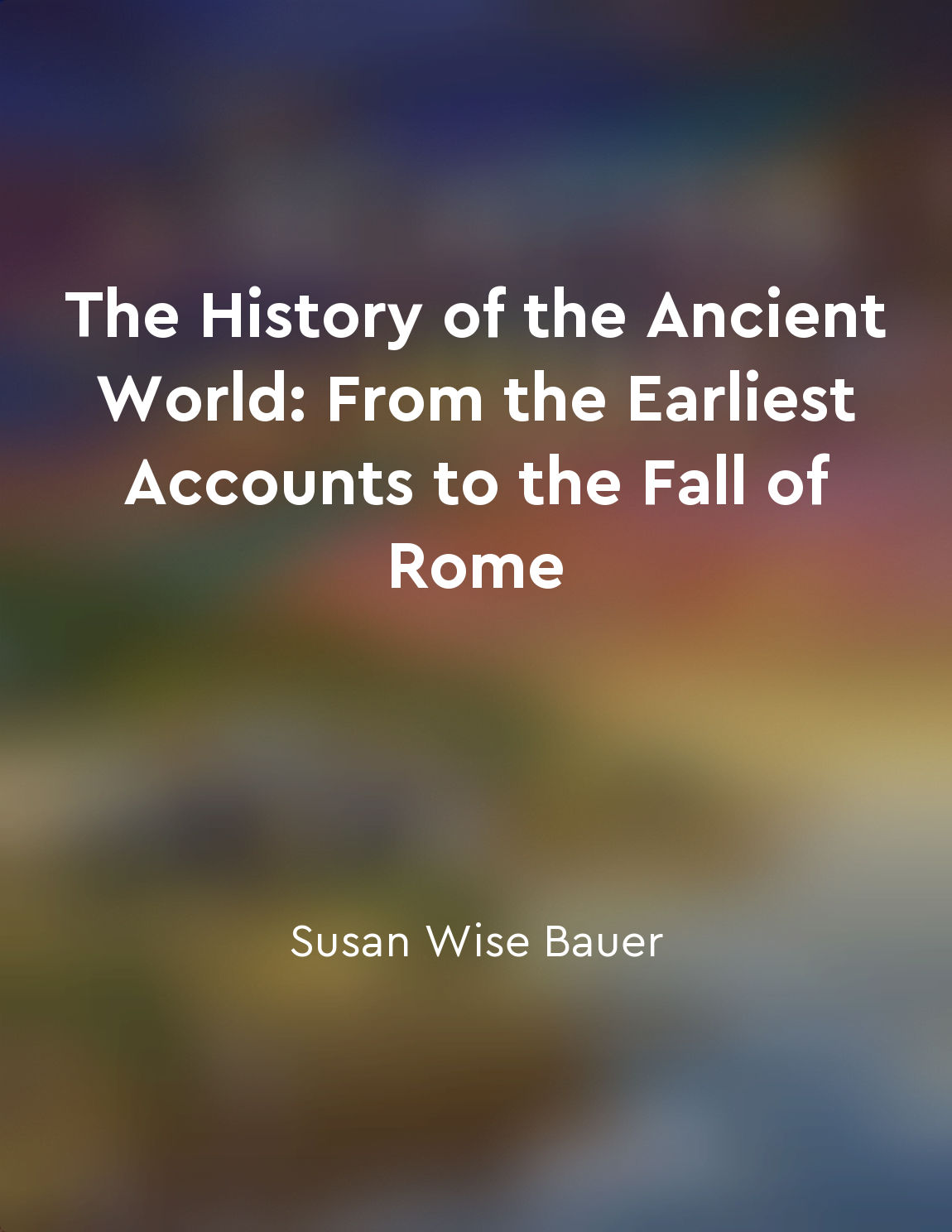The obsession with nostalgia in popular culture from "summary" of Sex, Drugs, and Cocoa Puffs by Chuck Klosterman
The idea of being obsessed with the past is everywhere. You see it in movies, TV shows, music, and even in the way people dress and talk. But why are we so fixated on nostalgia? What is it about looking back that is so appealing? Chuck Klosterman explores this phenomenon in his book 'Sex, Drugs, and Cocoa Puffs' and raises some interesting points. One reason for our obsession with nostalgia is that it gives us a sense of comfort and security. When we look back on the past, we are reminded of simpler times when things seemed more certain. In a world that is constantly changing and evolving, it's natural to want to hold on to something familiar. Another reason for our nostalgia obsession is that it allows us to escape from the present. In today's fast-paced society, where we are bombarded with information and distractions, looking back on the past can be a way to disconnect and find a sense of peace. It's a form of mental time travel that lets us temporarily forget about our current worries and stresses. Additionally, nostalgia can also serve as a form of cultural currency. In a society that values authenticity and uniqueness, being able to reference and appreciate elements from the past can make us feel like we are part of an exclusive club. It's a way to show that we have taste and knowledge that goes beyond what's popular in the moment. Klosterman also points out that nostalgia is not just about looking back; it's also about reinterpreting the past through a modern lens. We don't just want to relive the past exactly as it was; we want to remix it and make it relevant to our current lives. This is why we see so many reboots, remakes, and throwback references in popular culture today. In the end, our obsession with nostalgia is a complex and multifaceted phenomenon that speaks to our desire for comfort, escapism, cultural relevance, and reinterpretation. It's a powerful force that shapes the way we consume media, interact with the world, and define our identities. And as long as we continue to grapple with the uncertainties of the present, our fascination with the past will likely remain a constant in popular culture.Similar Posts
Memory is a fickle thing
The idea that memory is a fickle thing is a central theme in the narrative of 'The Fact of a Body'. Throughout the text, the au...
Rekindling love requires patience and understanding
Rekindling love is not an easy task. It is not something that can be rushed or forced. It requires patience and understanding. ...

Consider the role of religion in the fall of Rome
Religion played a significant role in the fall of Rome, as Christianity began to spread throughout the empire. The rise of Chri...
The rise of sitcoms
During the 1966-1967 television season, there was a noticeable shift in the programming landscape. Sitcoms began to dominate th...
Gratitude for support received
I am grateful for the way you hold me up when I cannot stand on my own. The way you support me, without hesitation, without que...
Wounds that never fully heal
I know what it's like to carry wounds that never fully heal. The kind of wounds that cut so deep, they scar your soul and chang...
Set boundaries to protect your emotional wellbeing
In order to safeguard your emotional well-being, it is essential to establish clear boundaries in your life. Boundaries serve a...
Believe in yourself and your capabilities, the rest will follow
The idea behind this powerful concept is quite simple yet profoundly impactful. When you believe in yourself and your abilities...
